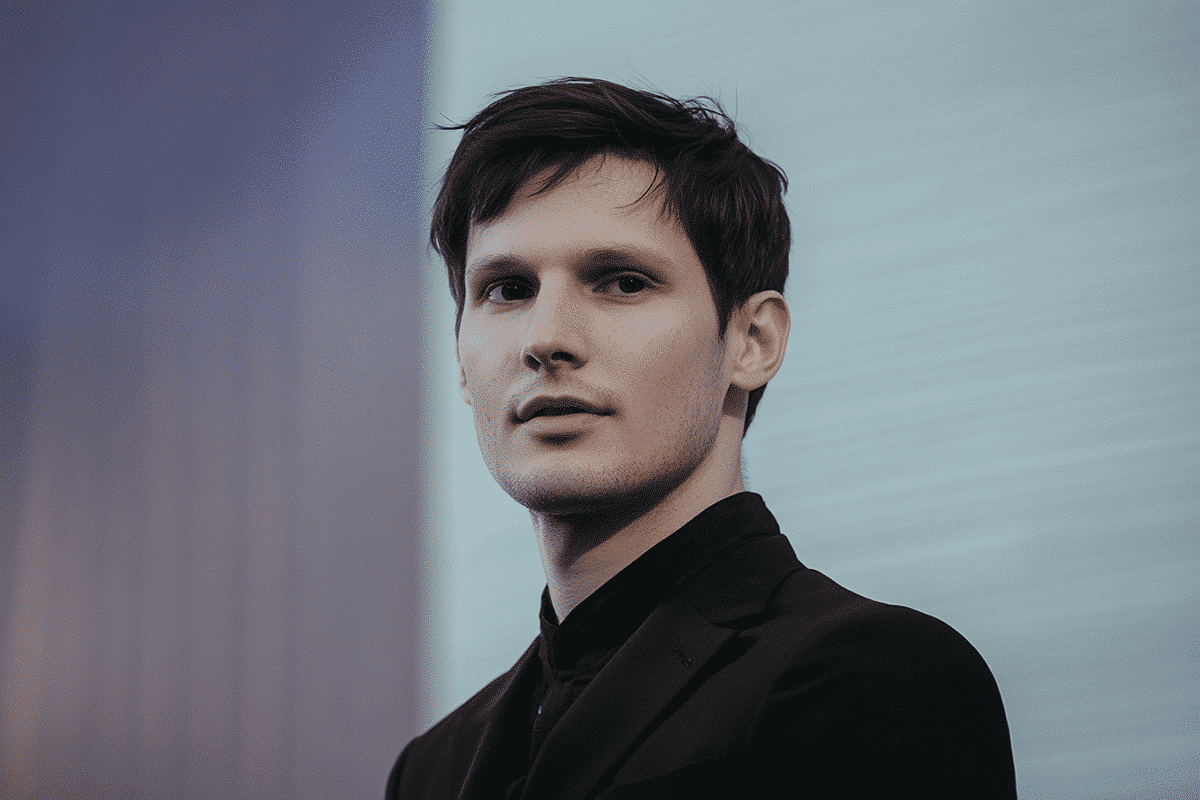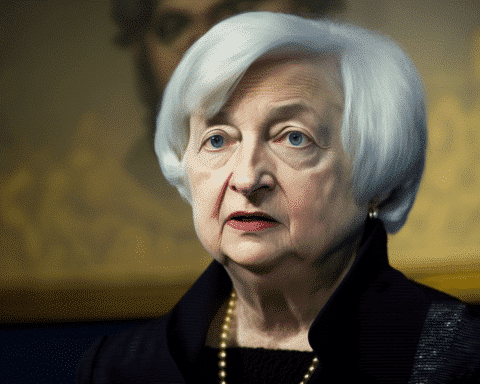The Russian government is making efforts to quell fears regarding the future of Telegram, a popular messaging platform in Russia, following the arrest of its founder, Pavel Durov, in France. This development has raised concerns about the potential disruption of the platform, which plays a significant role in communication within Russia and is a key tool in coordinating military activities in Ukraine.
The Kremlin’s intervention underscores the importance of Telegram to Russia’s internal communications, particularly in the context of the ongoing conflict in Ukraine. The platform’s widespread use for both personal and military communication highlights its integral role. Calls from some quarters, including the editor of Russia’s state-run RT news, to delete sensitive messages from Telegram have been dismissed by the Russian government as unnecessary and misguided.
The arrest of Durov, who holds citizenships in Russia, France, and the United Arab Emirates, is seen as a serious matter. The Russian government has emphasized the need for France to provide substantial evidence to support the allegations against him. The charges, announced by the Paris prosecutor’s office, include accusations of Telegram being used to facilitate illegal activities such as money laundering, drug trafficking, and the dissemination of child pornography. Furthermore, Durov has been accused of not complying with French authorities’ requests for assistance in intercepting potentially illicit communications.
The Russian government views the lack of clear evidence as a potential threat to freedom of communication, suggesting that the move could be interpreted as an attempt to intimidate Durov, a prominent figure in the tech industry. This perspective has led to speculation about the political motivations behind the arrest, despite French President Emmanuel Macron’s assertion that the charges are not politically driven.
Telegram’s strong end-to-end encryption and limited content moderation have made it a favored platform in regions where freedom of speech is restricted, as well as in conflict zones. The app’s ability to handle larger files, longer videos, and higher-quality photos compared to its competitors has contributed to its popularity. In Ukraine, Telegram has become a crucial tool for officials to disseminate military updates and air raid warnings, underscoring its significance in the ongoing conflict.
In Russia, Telegram is not only a popular messaging app for civilians but also a vital communication tool for the military and pro-Kremlin bloggers. Prominent pro-Russian war bloggers have reacted strongly to Durov’s arrest, viewing it as a direct threat to the platform’s role in military communication. Some have even equated Durov’s detention to the detainment of a key figure in the Russian military’s communications infrastructure. The arrest has fueled fears that the security and functionality of Telegram, which is largely perceived as free from Western surveillance, could be compromised.
The Kremlin’s support for Durov is notable given the entrepreneur’s past conflicts with Russian authorities. During his tenure as CEO of VK, a Russian social media platform similar to Facebook, Durov refused to hand over user data to the Russian government, which led to his departure from the company. Since then, both Durov and Telegram have operated out of Dubai, distancing themselves from direct Russian government control.
The Kremlin’s recent statements aim to reassure users about the security of their communications on Telegram and the platform’s continued operation. The Russian government’s stance reflects the broader geopolitical implications of Durov’s arrest and the pivotal role Telegram plays in both civilian and military communications in Russia and Ukraine.
The situation remains tense, with the potential for significant impacts on digital communication and privacy rights, depending on the outcome of the legal proceedings in France. As the case unfolds, the international community will be closely watching the implications for Telegram, its founder, and the broader issues of digital privacy and freedom of speech.




